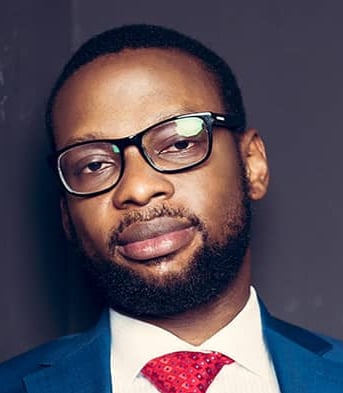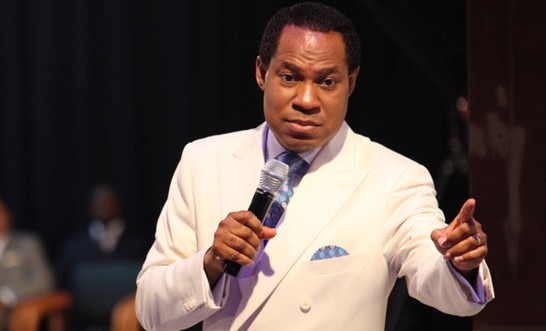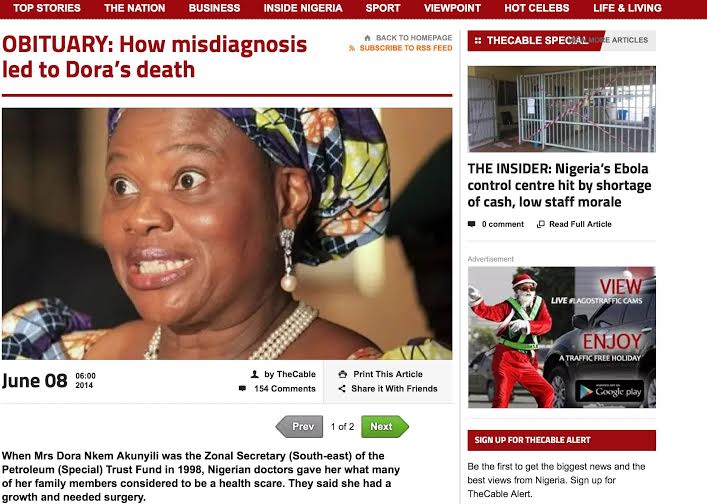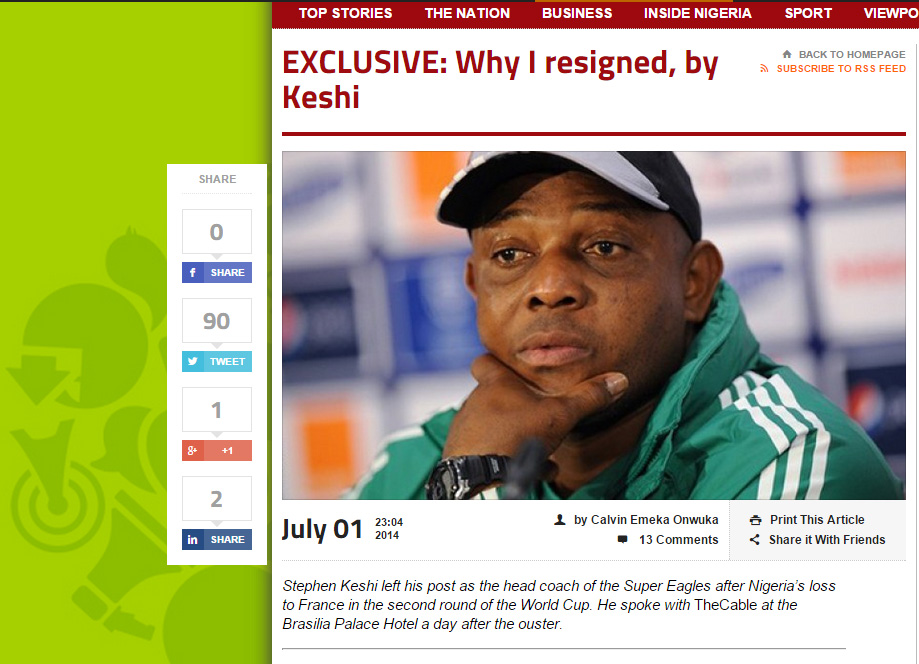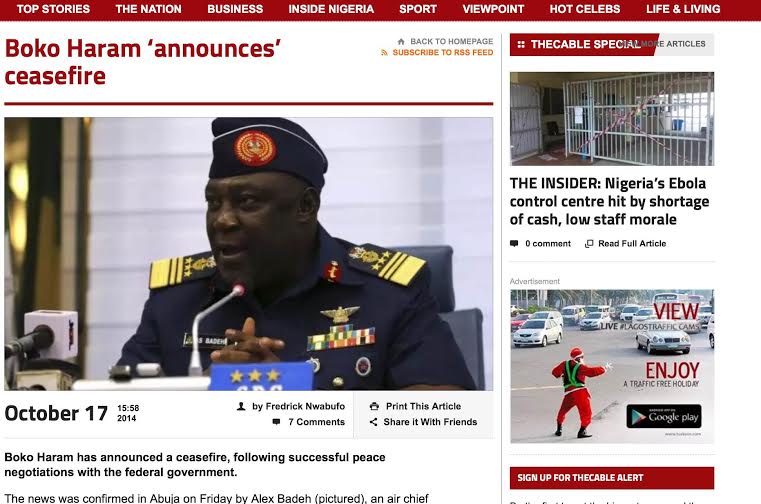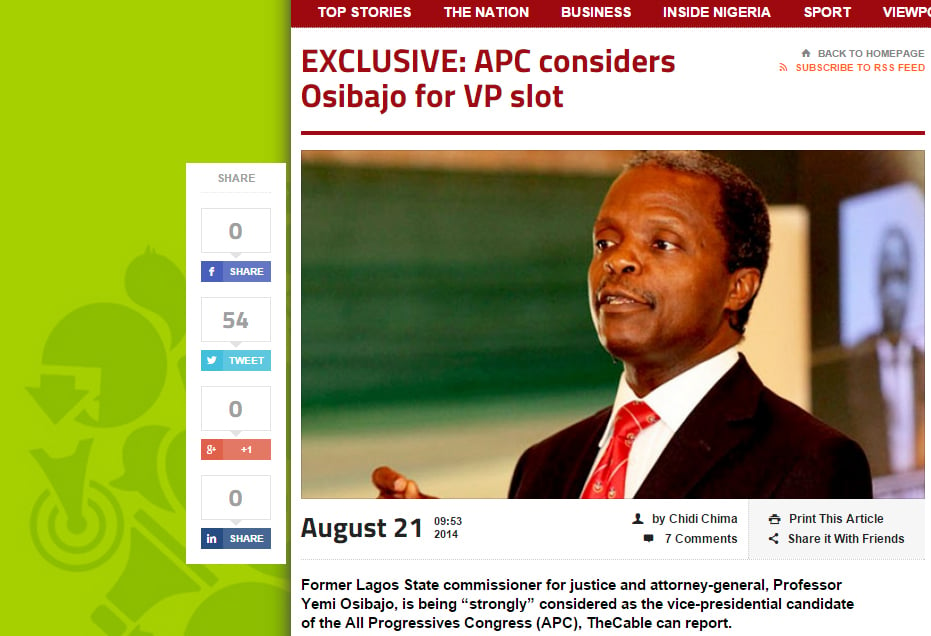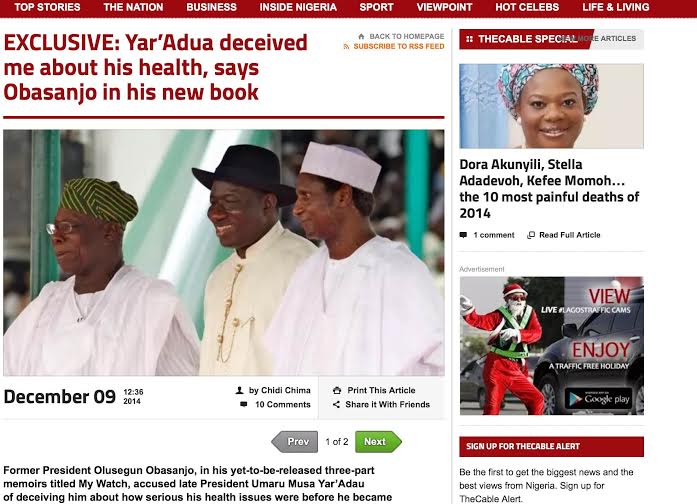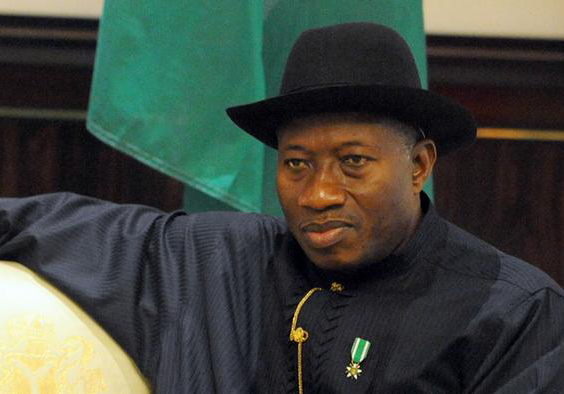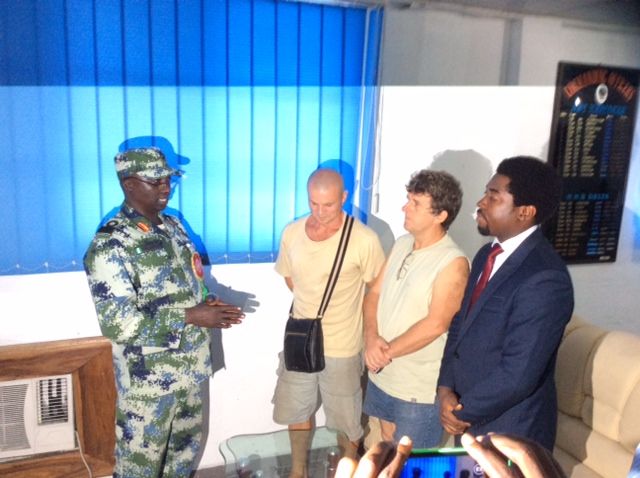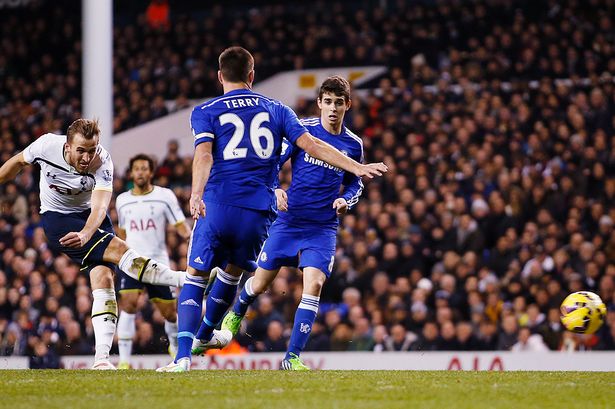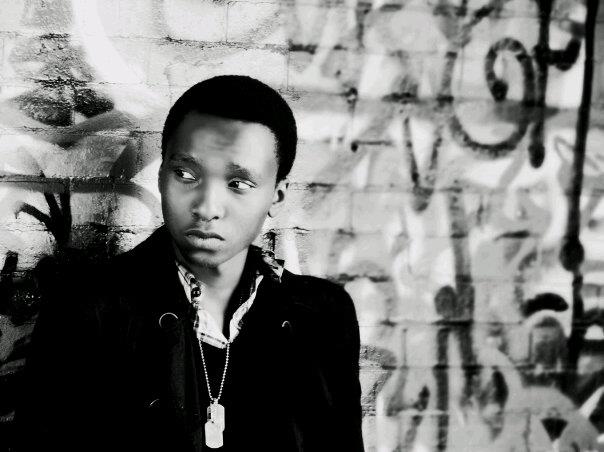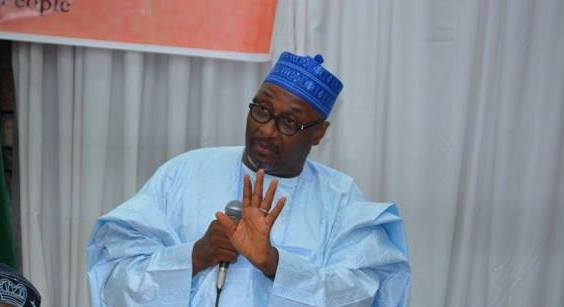THE PASSING OF ADORABLE DORA
It all started in April. A photo of frail-looking Dora Akunyili, fondly remembered for her time at the helm of NAFDAC, was all over the Internet, prompting huge concerns about her health.
But she doused the concerns in a well-circulated FAcebook post, assuring her fans that she was attending the national confab only after clearance from her doctor. She was fine after “a major sickness”; she only needed to “re-grow some flesh”. Everyone was happy – or so it seemed – until May, when TheCable reported that she was flown to India for an “urgent treatment”.
Within three weeks, the rumour mill was in full spin. Some media platforms reported that Dora had died. Of course, she hadn’t; and a family member confirmed this to TheCable.
Advertisement
On June 6, TheCable reported that Dora was in a very critical condition. The following day, we reported her sad passing. Our story, OBITUARY: How misdiagnosis led to Dora’s death, published on June 8, shed light on her first major health scare back in 1998 and how wrong diagnosis from foreign doctors stalled the early discovery of cancer, which she eventually died of.
Our other reports highlighted her spirited war against fake drugs and how her son once told her she was burning people’s money, and how one of the doctors who performed her last surgery had told her to fix a thanksgiving service for her 60th birthday, assuring her that he would personally attend.
Dora died one month before that birthday thanksgiving – sadly.
Advertisement
THE FIRING AND REHIRING OF KESHI
After Nigeria was knocked out of the World Cup in Brazil, Stephen Keshi spoke exclusively with TheCable at the Brasilia Palace Hotel that he had resigned. Trust Keshi and his ego: his contract had actually expired and he was obviously trying to get another one. He eventually got a rolling contract. But hours after the Super Eagles of Nigeria struggled to secure a 3-1 victory over Sudan on Wednesday October 15, Stephen Keshi, coach of the team was sacked by the Nigeria Football Federation (NFF). TheCable broke the news right in the dead of the night. That was in the wee hours of Thursday, October 16. We quickly followed our news on Keshi’s sack with THE AFTERMATH: Who moved Keshi’s cheese?, which pithily examined his reign as Eagles coach and how he failed to spot that the time long came for him to move on.
Apparently, Keshi was not reading TheCable, because not only did he force his way back to the Eagles through President Goodluck Jonathan, his team failed to nail an AFCON qualification spot – and his stature as one of the continent’s finest coaches has now been greatly diminished.
BOKO HARAM’S ‘SEALED FIRE’
Advertisement
October 17 was a very joyous day for Nigeria. According to the federal government, Boko Haram had announced a ceasefire, ending more than five years of gun and bomb attacks, and paving the way for the recovery of more than 200 girls abducted from Chibok on April 14.
Alex Badeh, an air chief marshal and chief of defence staff; and Mike Omeri, coordinator of the National Information Centre (NIC), who announced the ceasefire, “confirmed” that there was contact with the insurgents, who had already “announced a ceasefire”. Security sources told TheCable exclusively that the Chibok girls would be “released in batches”, beginning from Monday October 20.
But the joy was short-lived. That same day, Boko Haram resumed its attacks. While security chiefs told TheCable that the ceasefire had been marred by the factionalisation of the sect, Amni Wali, minister of foreign affairs, said the attacks were done by “other rogues and criminals” – rather than the core Boko Haram members.
Idriss Déby Itno, president of Chad, who was reported to have brokered the ceasefire deal, maintained that the arrangement was intact and those masterminding the attacks must have been “dissidents”. But whatever faint hopes of a ceasefire still nursed were extinguished by an Abubakar Shekau video threatening to kill ceasefire negotiator Danladi Ahmadu.
Advertisement
However, after Déby began shunning the Nigerian government’s enquiries on the ceasefire, a senior military officer told TheCable exclusively that Chad was fuelling the insurgency in the northeast in a bid to realise its long-running ambition of taking over the oil-rich Chad Basin.
On November 17, TheCable exclusively uncovered how members of the Committee on Dialogue and Peaceful Resolution of Security Challenges in the North made billions deceiving the president that they had contact with Boko Haram members. It was clear from all indications that there was no ceasefire. If anything, the fire of Boko Haram attacks had only been sealed.
Advertisement
THE MAKING OF A PRESIDENTIAL RUNNING MATE
On Wednesday December 17, Yemi Osinbajo, a professor of law and pastor at the Redeemed Christian Church of God, was announced as the running mate to Muhammadu Buhari, APC’s presidential candidate. Looks simple? Very far from it.
Advertisement
There were six days of intense politicking, during which even the ruling PDP slammed APC for finding it difficult to choose a presidential running mate. Although the position was zoned to the south-west, Rotimi Amaechi, governor of Rivers state, and Adams oshiomhole, governor of Edo state, attempted to gatecrash the party. Bola Tinubu, leader of the party, was himself believed to be interested, but he would later say he turned down the position after he was offered. Well, TheCable had predicted the eventual choice four months earlier, in a story titled EXCLUSIVE: APC considers Osibajo for VP slot, published on August 21.
THECABLE WATCHED ‘THE WATCH’
Advertisement
In December, TheCable was one of the first to see My Watch, one of the most controversial memoirs ever written by a Nigerian former public office holder. In a series of exclusives on the book, TheCable revealed Obasanjo’s claim that his daughter Iyabo was induced by President Goodluck Jonathan’s administration to write the widely-publicised open letter against him; as well as his claim that he was deceived by Yar’Adua on the severity of the health travails that eventually led to his death.
We also revealed Obsanjo’s account of the struggles of Nuhu Ribadu, former chairman of the Economic and Financial crimes Commission (EFCC) with Yar’Adua, which he said was due to Ribadu’s refusal to marry Yar’Adua’s daughter. And we reported, exclusively also, how PDP governors visited Obasanjo in Abeokuta to beg him to delay release of the book until the conclusion of the 2015 presidential election. At the time of the visit, it was thought, erroneously, that the governors had gone to persuade the ex-president to support Jonathan’s re-election ambition.
TheCable was still in the business of releasing these exclusives when Buruji Kashamu, one of those indicted by the book, secured the order of an Abuja high court restraining publication of the memoir or extracts from it, as TheCable was doing. Obasanjo himself confiscated the book. Case closed.
